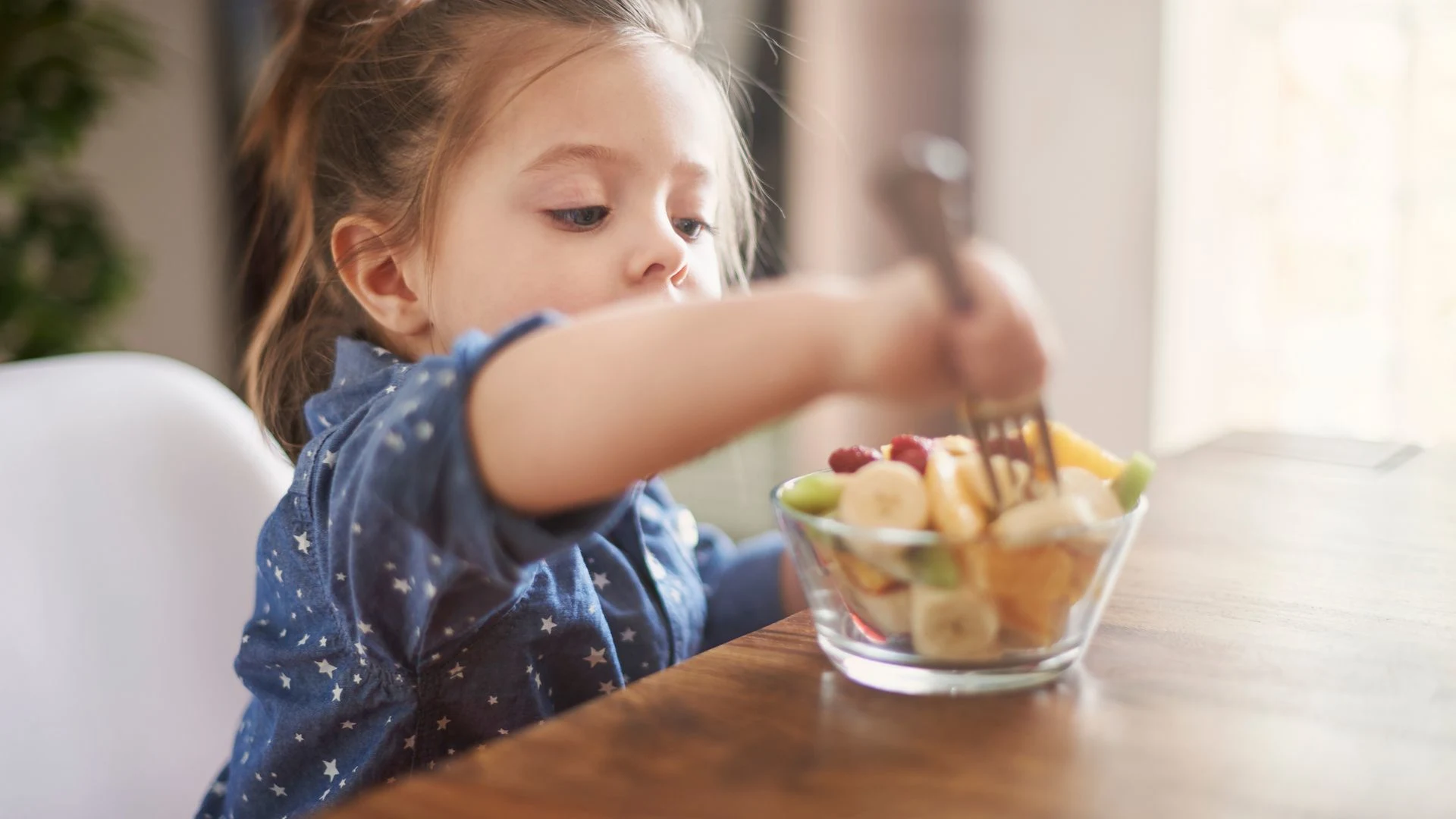By Chloe Couchman
Copyright hellomagazine

Snacks have an undeniable appeal for children, and are often used by parents as a means to avoid a tantrum, out of habit, or to keep little ones occupied. However, a nutritionist has warned that regularly giving snacks for reasons other than hunger can impact children’s abilities to recognise their internal cues and affect their relationship with food. Speaking to HELLO!, children’s nutrition expert Charlotte Stirling-Reed said that both what is served as a snack and when should be considered carefully.
Do kids really need snacks between meals?
The NHS does recommend snacks for children over the age of one to ensure they can meet their daily nutrition needs and sustain their energy throughout the day. “Snacks can play an important role in a toddler’s diet, particularly for supporting their energy and nutrient needs throughout the day. They are actually recommended for children over one year of age by the UK government. However, snacks are often used more out of habit, or as a way to distract or pacify children, rather than to meet genuine nutritional needs,” Charlotte says.
Building a balanced snack for toddlers
The How to Feed Your Toddler author suggests that, rather than allowing your child to graze on small snacks or only offering one food, parents should rethink what they serve at snack time. “Ideally, snacks should be thought of as ‘mini meals’ – offering a balance of at least two to three of the main food groups in age-appropriate portions,” the nutritionist says. “This helps ensure that young children are topping up on essential nutrients, energy, and fibre between meals. While snacks can absolutely be beneficial, I’ve found that many parents are unsure about their purpose or how best to approach them.”
What are light, healthy snacks?
Examples of light, healthy snacks that contain a balance of the major food groups, as Charlotte recommends, could include serving a few mini breadsticks with cream cheese and cucumber, or pairing apple slices with Greek yoghurt and nut butter. These should keep little tummies full until the next mealtime and stop endless requests for more food.
Avoiding processed snacks
Preparing your own snacks is also a way of avoiding processed ingredients in packaged snacks. Charlotte explains: “Many of the ‘snacks’ available at the supermarkets and marketed towards young children aren’t ideal options on a regular basis. This is a topic I’ve been focusing on more and more in my work, as helping parents feel confident and informed about snacking can make a real difference to children’s overall dietary balance and eating behaviours.”
How to teach kids to eat healthy
By following Charlotte’s recommendations, you can help teach your kids how to eat a healthy diet and have a positive relationship with food. Not only will they be able to recognise their hunger cues better if they aren’t snacking all day long, but children will understand the importance of balancing their meals, and hopefully appreciate the way that eating healthily makes them feel.
Another way to support your children with a healthy diet is to lead by example. Children will learn a lot by watching your own approach to food, so eating similar meals and snacks to them will reinforce healthy eating and support your whole family’s well-being.
Guidance on supplements for children
Charlotte also shared some advice about what supplements young children need, and said that there is “no evidence” that magnesium supplements can improve the quality of children’s sleep. “Generally, children can get enough magnesium from their diet day to day. As long as a balance is offered and they are having plenty of variety, including foods such as dairy, nut butters, fortified cereals, fish, spinach, oats, bread, bananas and many more,” Charlotte tells HELLO!.



